Reflecting on Thanksgiving: Honoring Indigenous Voices and Truths
Uncovering the Complex History and Amplifying Ongoing Indigenous Movements
Reflecting on Thanksgiving: Honoring Indigenous Voices and Truths
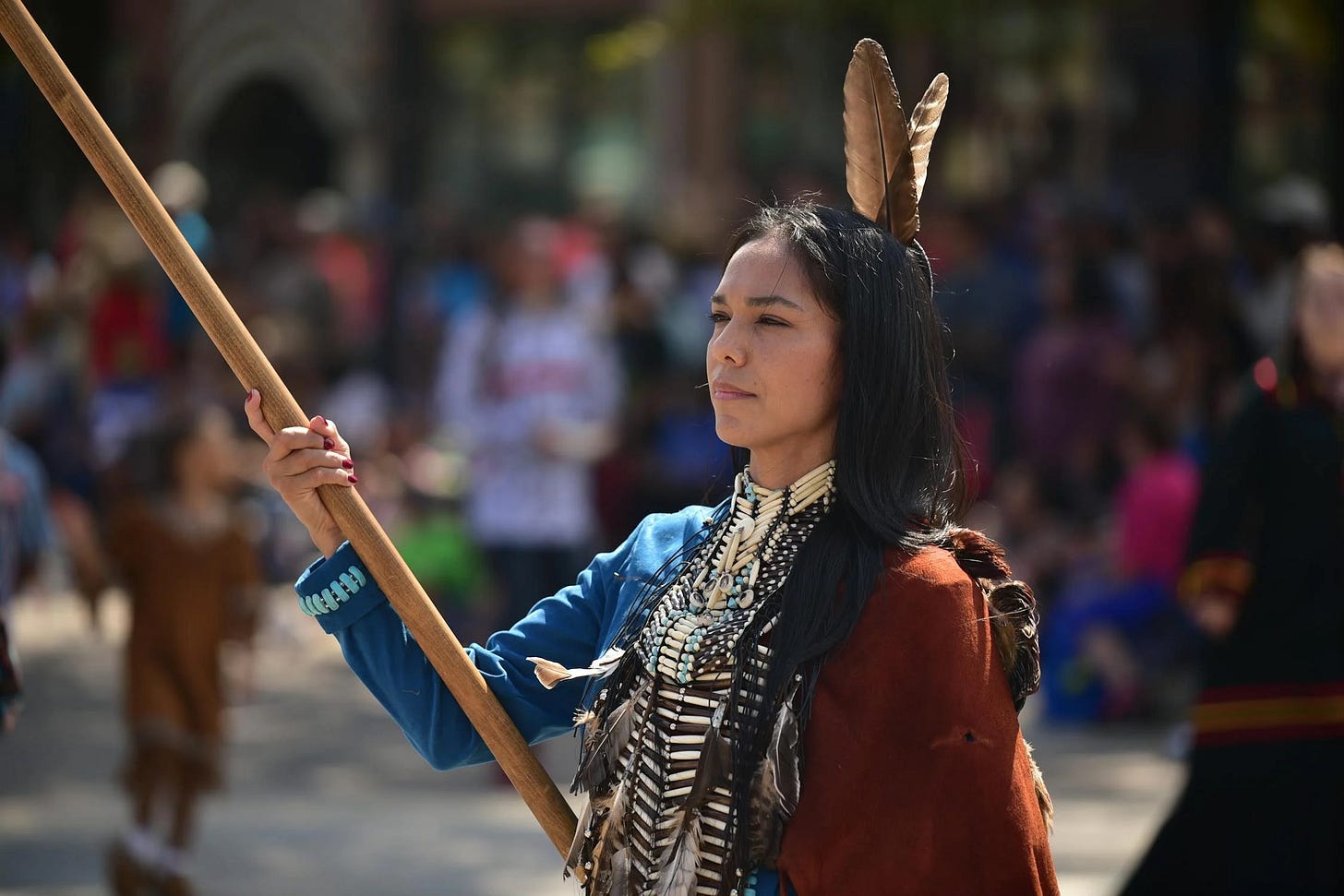
Thanksgiving is often celebrated as a day of gratitude, family gatherings, and hearty meals. While these traditions hold meaning for many, it’s also crucial to reflect on the origins of this holiday and the narratives that have historically shaped its celebration. For Indigenous peoples, Thanksgiving is a complex and often painful reminder of colonialism, displacement, and cultural erasure.
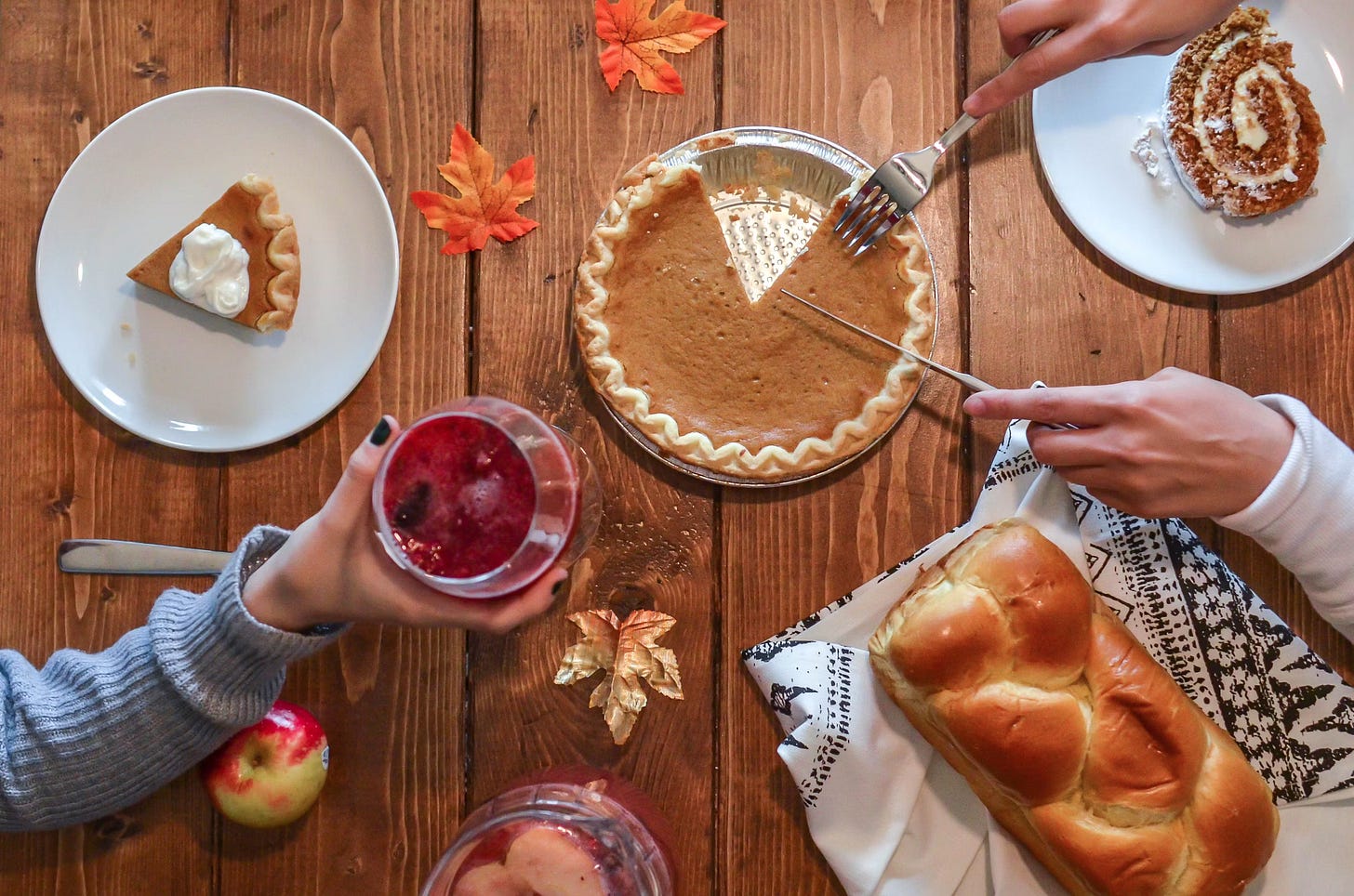
The familiar tale of the first Thanksgiving—a harmonious feast shared between the Pilgrims and the Wampanoag people in 1621—tells only part of the story. While there was indeed a gathering between these two groups, it occurred in the broader context of colonial expansion, which led to the exploitation and marginalization of Indigenous communities. The peace of that first feast was fleeting, and it was soon followed by violent conflicts and devastating losses for Indigenous nations.
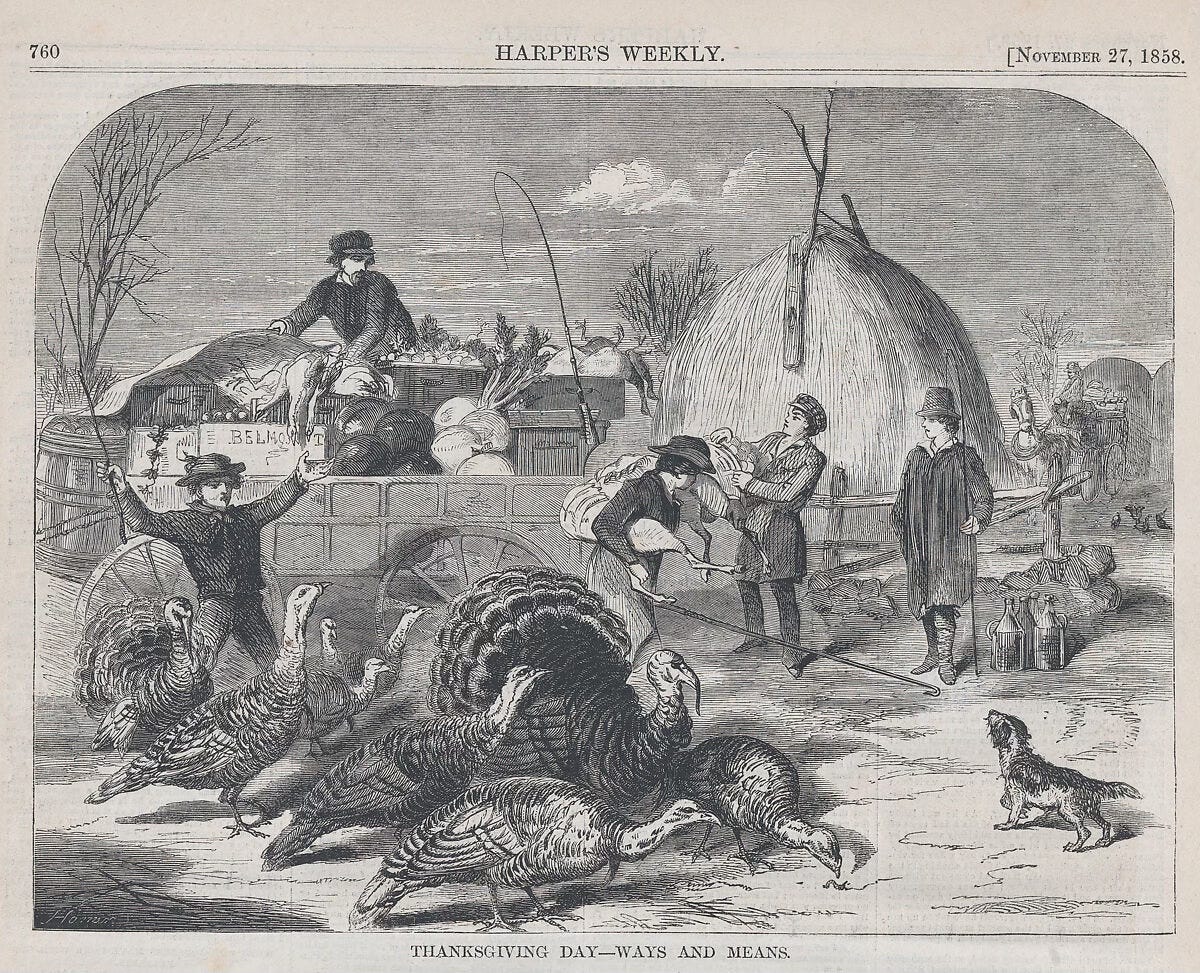
Thanksgiving can be an opportunity to honor Indigenous voices, acknowledge history, and support Indigenous resilience.
One pressing issue that deserves attention during this time of reflection is the Missing and Murdered Indigenous Peoples (MMIP) crisis. Indigenous women, girls, and two-spirit people face disproportionately high rates of violence, with many cases going unsolved and underreported. Native women are murdered at rates ten times higher than the national average, and a vast number of cases of missing Indigenous people remain unresolved. This ongoing epidemic stems from systemic failures, including jurisdictional challenges and a lack of accountability within law enforcement. Advocacy groups like the National Indigenous Women’s Resource Center (NIWRC), the Sovereign Bodies Institute, and grassroots movements are working tirelessly to demand justice, advocate for policy changes, and provide support to affected families.
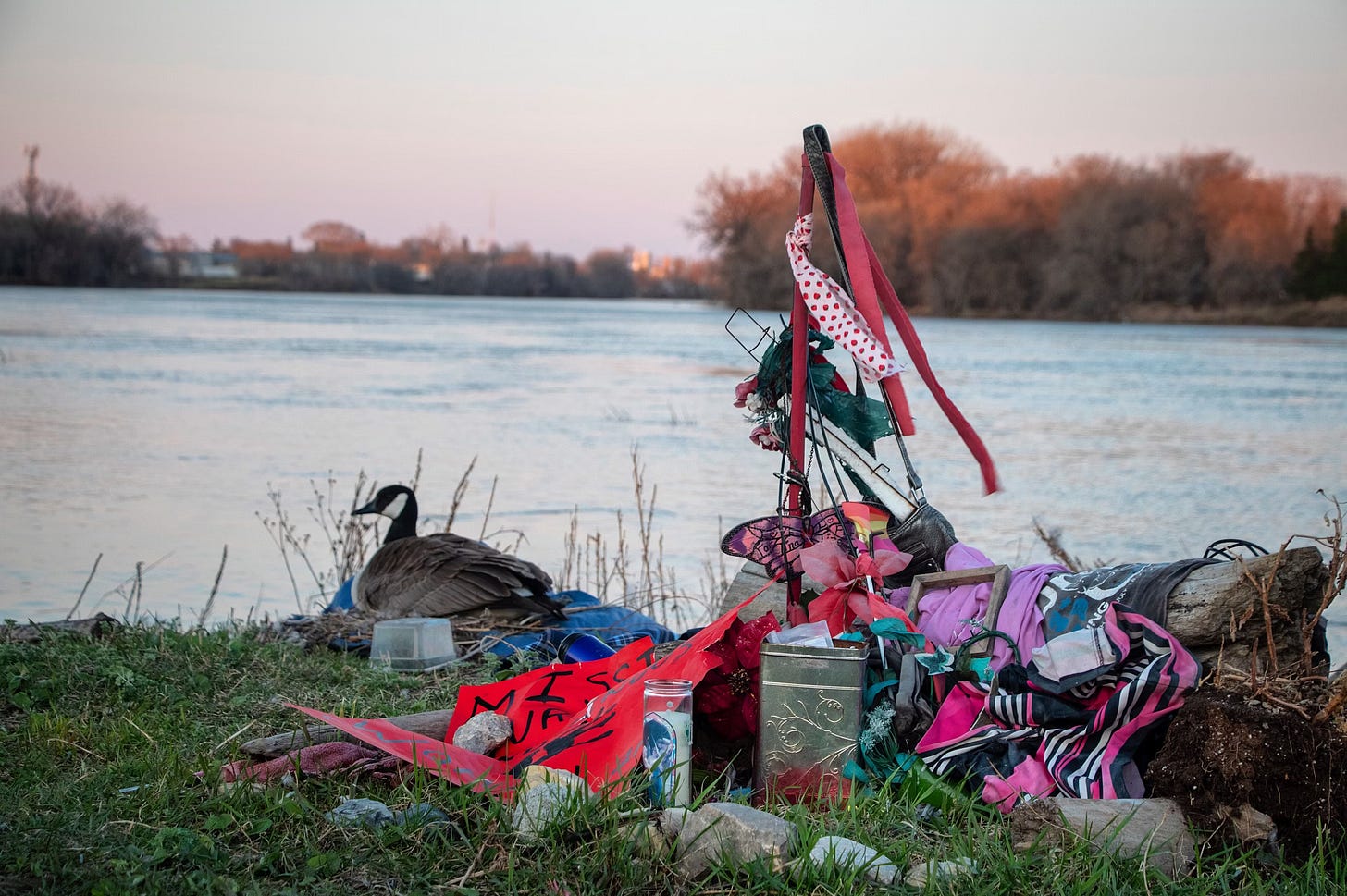
Here are three ways to engage meaningfully with Thanksgiving:
Educate Yourself and Others
Learning about the true history of Thanksgiving and the experiences of Indigenous peoples is essential. Many resources—books, documentaries, and articles—are available to deepen your understanding. Indigenous authors like Roxanne Dunbar-Ortiz (An Indigenous Peoples' History of the United States) and organizations like the Native American Rights Fund provide valuable insights.Support Indigenous Communities
Show your gratitude by supporting Indigenous artisans, businesses, and organizations. From buying handcrafted goods to donating to causes that protect Indigenous lands and rights, these actions help sustain Indigenous cultures and economies.Acknowledge Land and History
Wherever you celebrate, take a moment to recognize the Indigenous people whose land you occupy. Many Indigenous groups offer online tools to identify the nations tied to specific regions. A land acknowledgment is a small but powerful gesture of respect and remembrance.
Recent Steps Toward Indigenous Justice
In recent months, several Indigenous nations have celebrated significant victories. The Nez Perce Tribe successfully regained 148 acres of sacred land in Oregon's Wallowa Valley, an area vital to their spiritual and cultural traditions. Similarly, the Chugach Alaska Corporation, representing Alutiiq people, reclaimed more than 3,500 acres of ancestral land under the historic Alaska Native Claims Settlement Act, helping to restore ties to their heritage and environment.
Moreover, Indigenous advocacy has led to heightened awareness of the MMIP movement. In October, Indigenous Peoples’ Day events nationwide amplified the call for justice for missing and murdered Indigenous women, girls, and two-spirit individuals. Some jurisdictions, like Washington State and Canada, have introduced policies to track and investigate cases more effectively, though much work remains to be done.
As we gather with loved ones this Thanksgiving, let’s move beyond the myths of history and embrace the fullness of the story. By amplifying Indigenous perspectives, supporting their sovereignty, and learning from their wisdom, we can turn this holiday into a meaningful reflection on gratitude, justice, and truth.
Let us give thanks not just for what we have, but for the opportunity to stand in solidarity and contribute to a more inclusive and honest future.
Resources to Learn, Support, and Take Action
Educational Resources
An Indigenous Peoples’ History of the United States by Roxanne Dunbar-Ortiz
Native Land Digital: native-land.ca – Identify the Indigenous land where you live and learn about the local nations.
Smithsonian National Museum of the American Indian: americanindian.si.edu – Explore educational materials and exhibitions about Native history and culture.
Organizations Advocating for Indigenous Rights
National Indigenous Women’s Resource Center (NIWRC): niwrc.org – Focused on ending violence against Indigenous women and girls.
Sovereign Bodies Institute: sovereign-bodies.org – Supports research and advocacy on MMIP issues.
Native American Rights Fund (NARF): narf.org – Legal support for the protection of Native lands and sovereignty.
MMIP-Specific Resources
Missing and Murdered Indigenous Women USA: mmiwusa.org – Provides resources and advocacy to address the MMIP crisis.
Red Dress Project: Learn about this art installation honoring MMIP victims.
Urban Indian Health Institute’s MMIP Reports: uihi.org – Comprehensive data and reports on MMIP cases in urban areas.
How to Support
Purchase from Indigenous-owned businesses: Check out online directories like Beyond Buckskin (beyondbuckskin.com).
Donate to Indigenous-led organizations.
Attend local Indigenous events and amplify Indigenous voices on social media.
Taking steps to educate ourselves and support Indigenous movements not only enhances our understanding of history but also contributes to a future rooted in respect, justice, and equity.



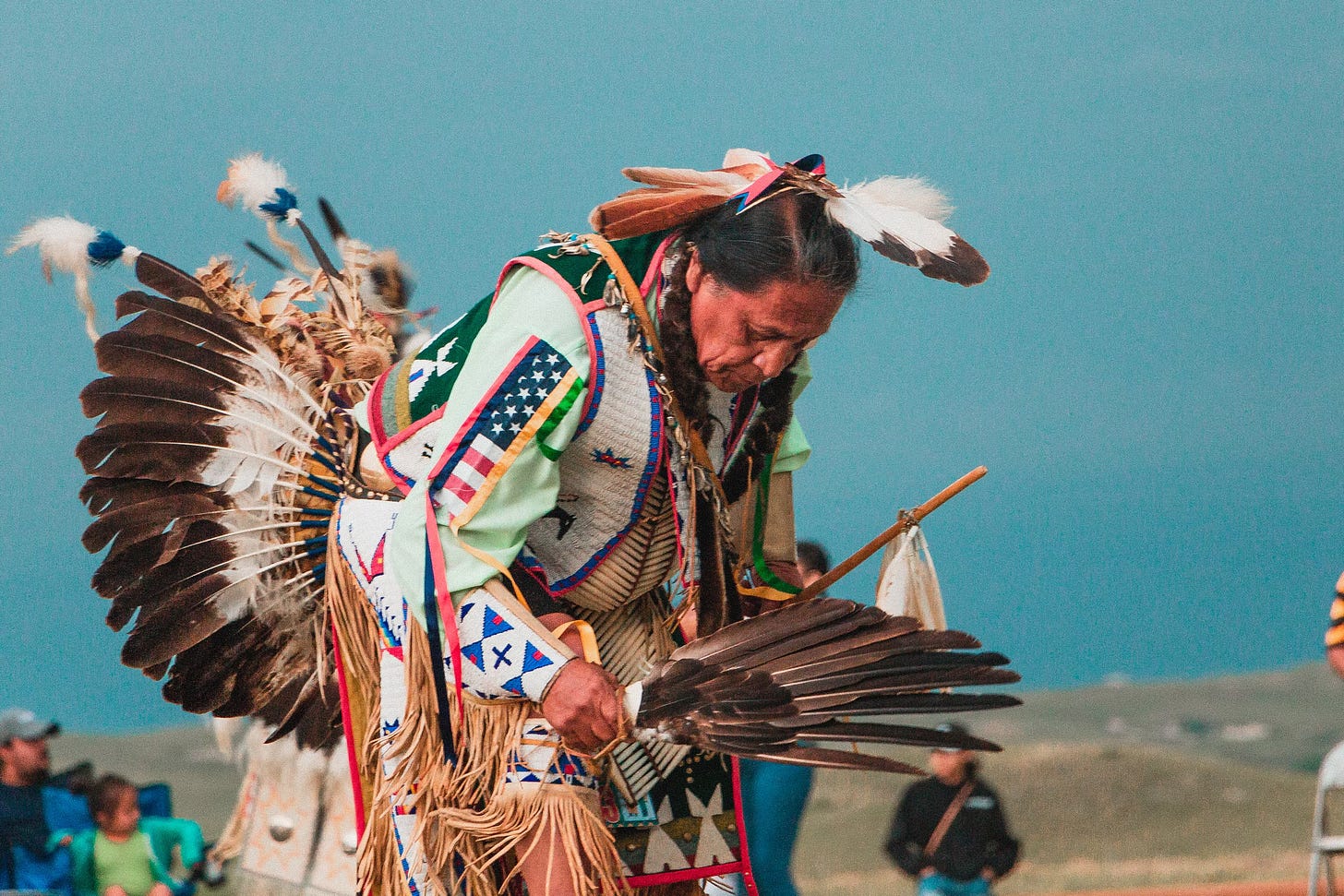
It rare and incredibly special when an article shares an issue or thought and gives resources to take action!! Thank you!